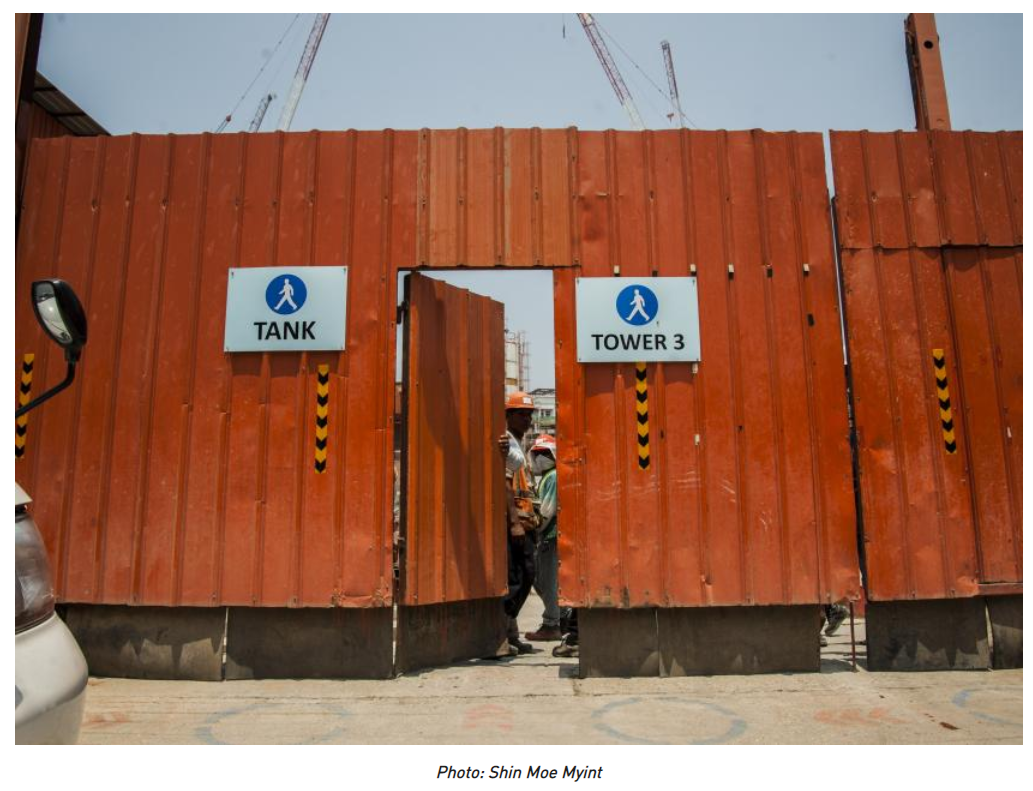Myanmar economy still forecast to grow despite global recession: IMF
Myanmar is among just 10 percent of the globe projected by the International Monetary Fund to post economic growth this year. The rest of the world is expected to slip into recession.
The forecast comes despite the spread of COVID-19 in Myanmar, which has already resulted in the closing of its borders, worsening conflict in Rakhine State, a collapse in tourism and dimmer prospects of mass investment from Europe and America.
Still, growth is forecast to slow considerably. In its April World Economic Outlook, the IMF slashed Myanmar’s 2020 growth forecast to 1.8pc from 6.4pc. This would be Myanmar’s slowest growth rate since the junta handed over power to U Thein Sein’s quasi-civilian government in 2011. The economy has already been hurt by the crisis, with the number of factories having shut down in Myanmar estimated to be around 40 and nearly 17,000 workers laid off or furloughed.
The lack of work and access to wages will be a growing concern for Myanmar’s economy. With one in four in Myanmar estimated to live below the poverty line, workers made jobless by the shutting down of factories and migrant labourers returning from Thailand could become a source of social unrest if there is insufficient state support, corporate executives in Yangon warn.
“Large, timely, temporary, and targeted fiscal measures are necessary to ensure that a temporary shutdown of activity does not lead to more permanent damage to the productive capacity of the economy and to society as a whole,” the IMF said in its semi-annual Fiscal Monitor released last week.
The government has taken some measures to ease the tension in recent weeks. Last week, it moved to provide households without a regular income with food during the Thingyan holiday. Myanmar households will also receive the first 150 units of electricity consumed free of charge until the end of April. The Yangon government on April 20 said that it will also be extending the deadline for the monthly power tariff in Yangon for up to a month.
Microfinance and other non-bank financial institutions have been instructed to allow borrowers to defer their repayments.
On the business side, licence fees exemptions have been granted to hoteliers and traders, while a K100 billion soft loan was launched last month, targeting the most affected sectors – tourism and garments – as well as small and medium enterprises.
More measures will be needed as COVID-19 continues to take its toll on the global economy. Assuming that the pandemic fades in the second half of 2020 and containment efforts can be gradually unwound, the IMF forecasts a contraction in global output per head of 4.2pc this year, with 90pc of countries experiencing negative growth in real GDP per head.
The IMF said its forecasts were marked by “extreme uncertainty” and that the risks for more severe outcomes are substantial.
Source: https://www.mmtimes.com/news/myanmar-economy-still-forecast-grow-despite-global-recession-imf.html


 English
English




